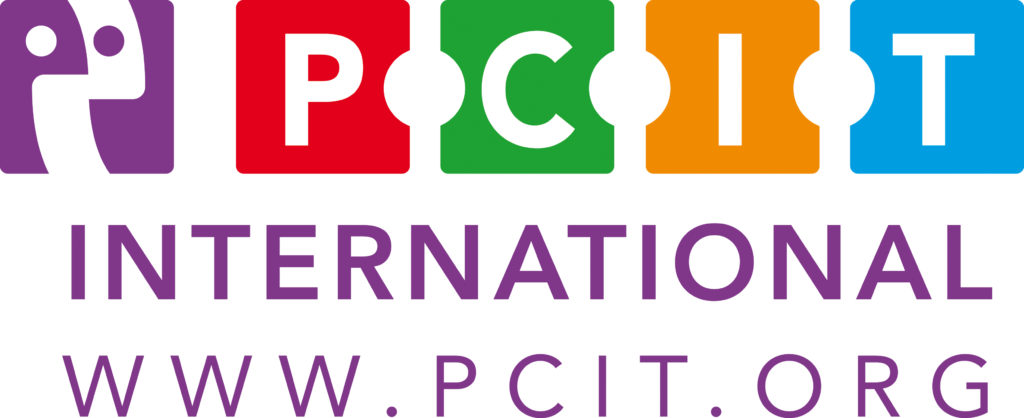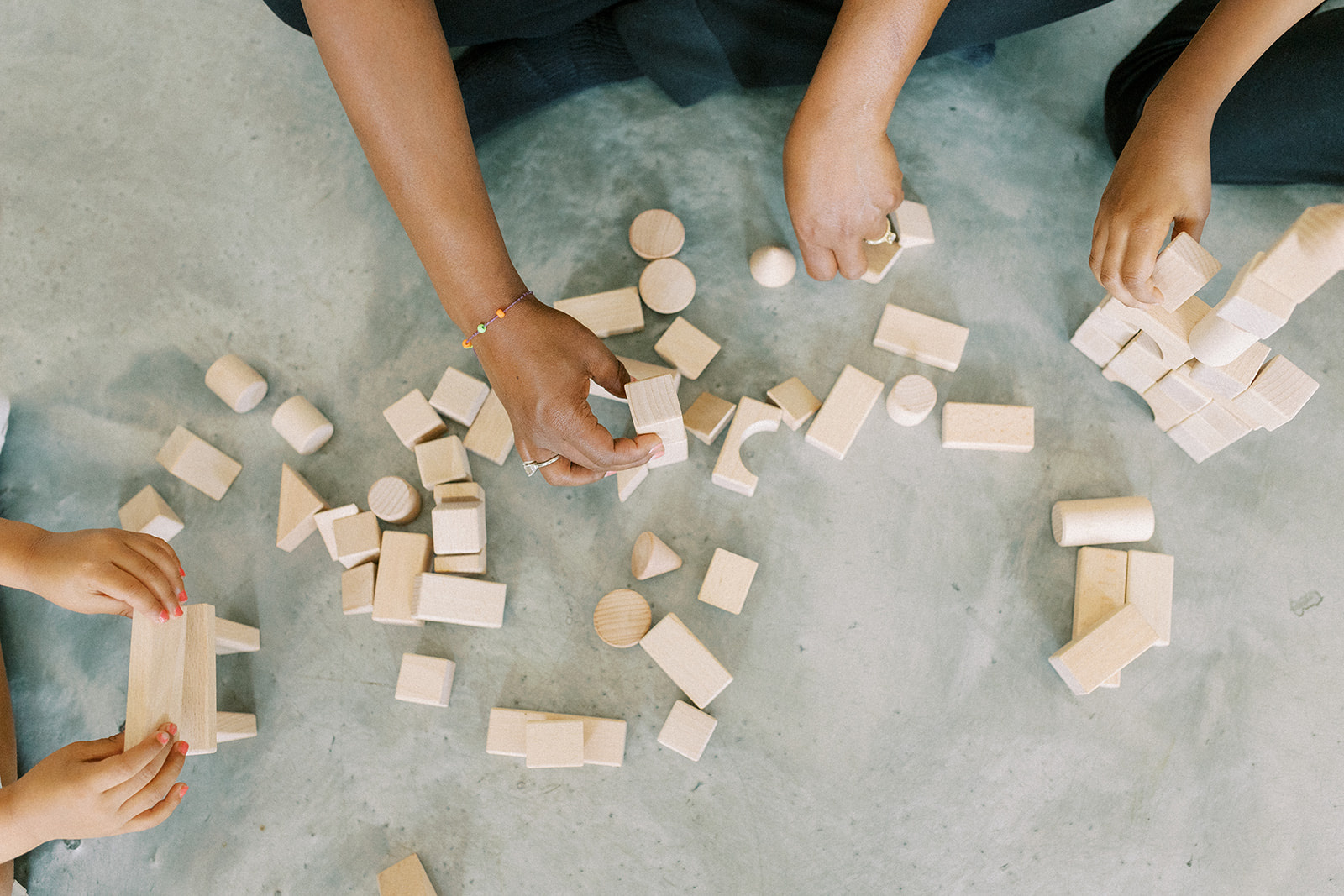
“WHY SO MANY TOYS?”
The power of play in therapeutic assessments
By: Sheytophia Cunha, PsyD, NCSP, ABSNP, SB-RPT™
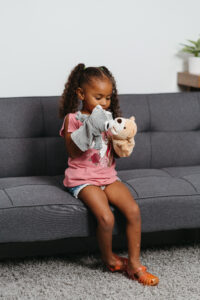 When young children walk into my assessment room, their eyes often light up at the sight of the toys. They look for the small intricacies in the miniatures or the large imaginary components of the sets.
When young children walk into my assessment room, their eyes often light up at the sight of the toys. They look for the small intricacies in the miniatures or the large imaginary components of the sets.
Parents, on the other hand, sometimes hesitate upon entry, wondering whether all these playful distractions are necessary for a structured evaluation. The truth is that toys in this area aren’t just for play; they serve as essential tools in conducting effective and insightful play-based assessments.
For most young children, play is their primary mode of communication. While adolescents and adults may express themselves through words, children often reveal their thoughts, emotions, and cognitive abilities through play.
As a school psychologist and certified play therapist, I integrate toys into assessments to create a comfortable, engaging environment where children can show their true abilities. Through play-based assessments, I can gather valuable data on:
✅ Attention & Focus – Observing how a child engages with toys helps assess their ability to sustain attention, shift focus, and follow through with tasks.
✅ Problem-Solving & Cognitive Skills – Building with blocks, completing puzzles, or engaging in pretend play can highlight strengths and challenges in reasoning, memory, and executive functioning.
✅ Emotional & Social Development – The way a child interacts with toys, whether independently or through role-play, offers insights into their emotional regulation and social skills.
✅ Motor Skills & Sensory Preferences – Play activities provide a natural way to observe fine and gross motor coordination as well as sensory sensitivities that may impact learning.
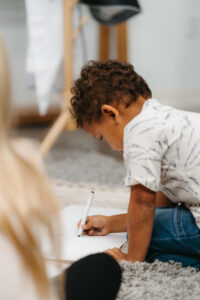 PLAY BASED ASSESSMENT GOES BEYOND SCORES
PLAY BASED ASSESSMENT GOES BEYOND SCORES
When traditional, structured tasks feel overwhelming or intimidating, incorporating play and toys into school psychology assessments isn’t just fun—it’s effective! Playful assessments allow children to engage naturally, offering more authentic insights into their cognitive, emotional, and social development. Here are just a few types of assessments that benefit from a playful approach:
🧸Cognitive and Neurodevelopmental Assessments
✈️ Social-Emotional and Behavioral Assessments
🪀 Attention and Executive Functioning Assessments
PROS AND CHALLENGES
While the variety of toys enhance the assessment process, their presence also comes with considerations. They are probably exactly what you imagine:
✅ Pros:
- Comfort & Engagement – Reduces test anxiety and makes the process feel less intimidating.
- Naturalistic Observations – Allows for more authentic behaviors to emerge compared to structured tasks.
- Increased Compliance – A fun, interactive setting can encourage participation, especially for children who struggle with traditional assessments.
⚠️ Challenges:
- Potential Distractions – Some children may become overly fixated on play, making it harder to transition to standardized tasks. When this happens, we identify the sensory need together and provide access to their needs by moving into a different room, adjusting the environment or removing distractions.
- Balancing Structure & Flexibility – Knowing when to allow free play and when to guide interactions requires clinical expertise. We convey this message clearly with use of a visual schedule and/or a timer so that expectations are clear and followed through.
- Parental Perception – Some parents may view the session as “just playing” rather than recognizing its therapeutic and diagnostic value. Our goal is to communicate the benefits of incorporating play by encouraging parents to spend some time in the testing area where we can engage in a comprehensive and therapeutic assessment.
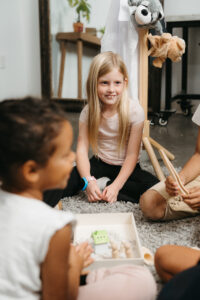 The key to effective play-based assessments is intentionality. Every toy in my room serves a purpose, whether it’s a dollhouse for social- emotional observations or a stacking game to assess fine motor control and persistence. By strategically incorporating play, I can build a comprehensive understanding of a child’s needs while ensuring they feel safe and engaged. So, why so many toys? Because in the world of child assessment, play is not just a pastime—it’s a powerful window into a child’s mind, emotions, and potential.
The key to effective play-based assessments is intentionality. Every toy in my room serves a purpose, whether it’s a dollhouse for social- emotional observations or a stacking game to assess fine motor control and persistence. By strategically incorporating play, I can build a comprehensive understanding of a child’s needs while ensuring they feel safe and engaged. So, why so many toys? Because in the world of child assessment, play is not just a pastime—it’s a powerful window into a child’s mind, emotions, and potential.
We’re passionate about helping your child with the tools needed to see growth and foster a healthy environment for learning. We offer testing services as well as counseling that provides insight to behavioral and emotional concerns. Click here to learn more!


